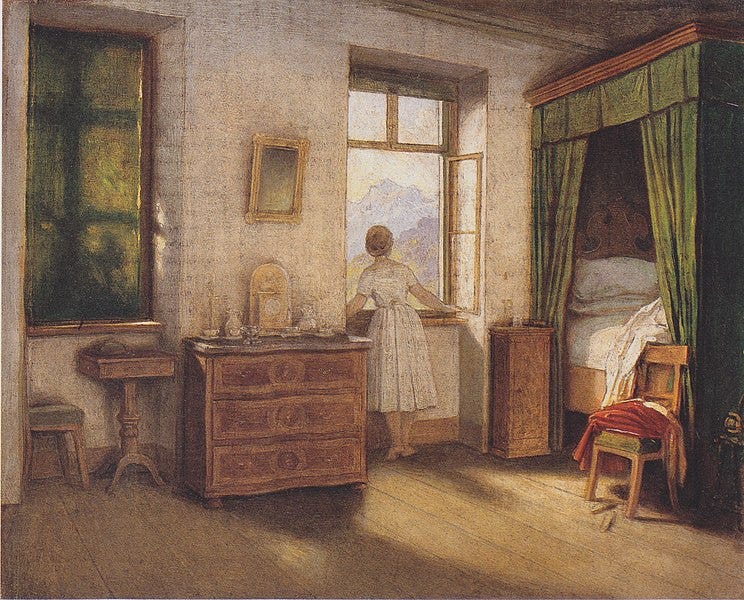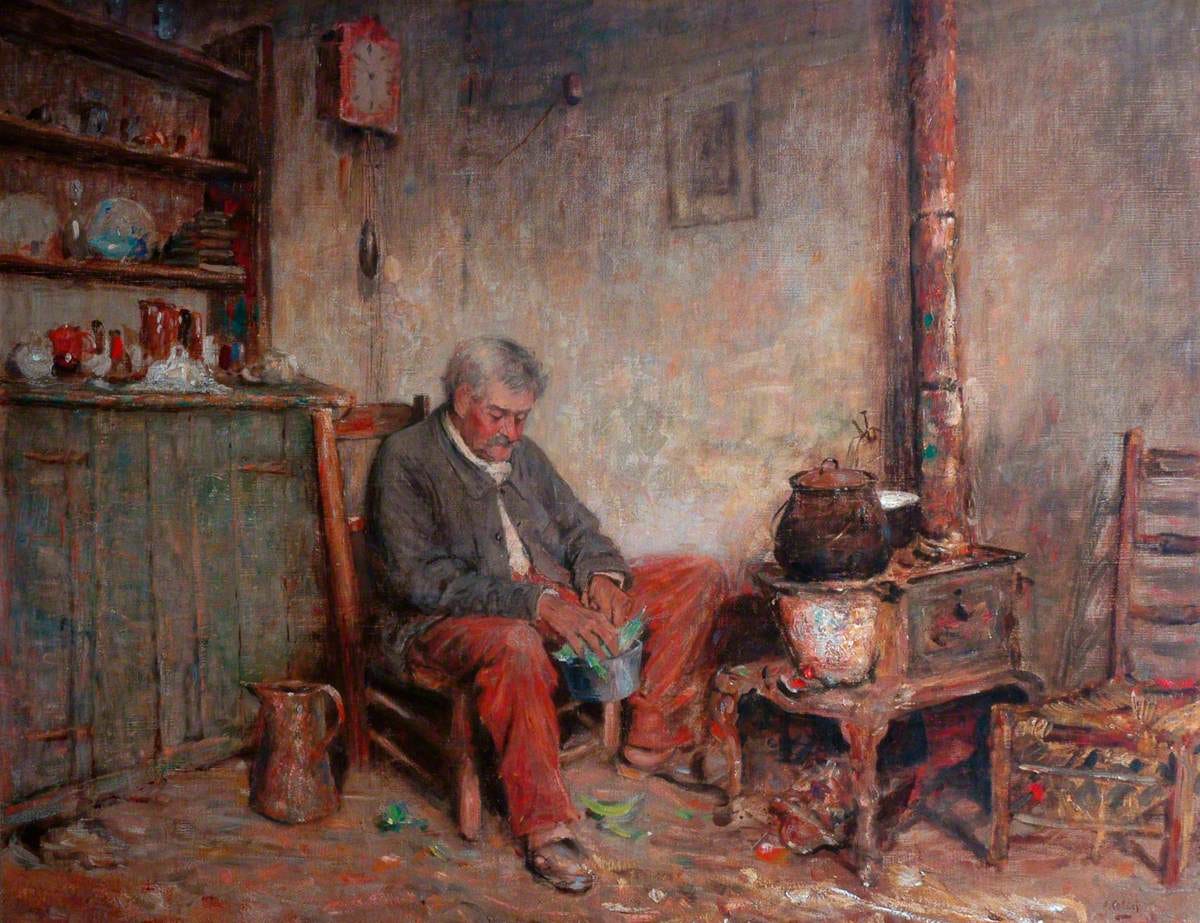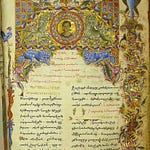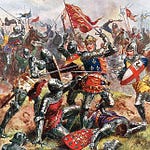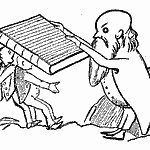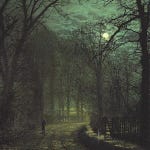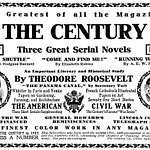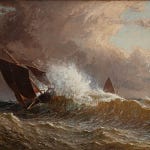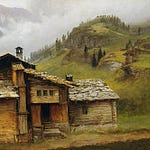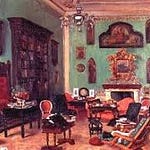When I was a small boy, I had to walk a few blocks in the early morning to catch the school bus, which took me and a couple of the neighborhood kids to Saint Ann’s School, one town over, in Emmaus, Pennsylvania. People who live in that part of the country are used to having towns named according to places in the Holy Land: Bethlehem and Nazareth were each within twenty miles. When we arrived, we were supposed to go into the church and sit in the pew with our classmates, girls on the left hand side, boys on the right. It would always be somewhere in the middle of Mass. I have a strong visual memory of looking up at the ceiling above the sanctuary, and seeing angels, painted against a deep blue background, with the inscription on a scroll, Gloria in Excelsis Deo. I knew what that meant: Glory to God in the highest. It was what the angels sang in the skies above Bethlehem in the dark morning hours before sunrise, on the day of Christ’s nativity.
That church was later dismantled, in favor of a new and modern one, about which the less said, the better. I’ve been unable to find any pictures of the old church’s interior. But there were moments in my childhood — growing all too rare, the older I got — when it seemed as if the distance between heaven and earth was no more than a breath or the beat of a heart. It was as if the world were translucent, and a strange and peaceful morning light were ready to show itself to anyone who cared to look. Later on, when I was fourteen, and we had moved back to the town where I was born, I got on another bus, even earlier in the morning, and I recall seeing Venus shining in the deep blue of the sky before sunrise, on a winter morning of 13 degrees below zero (that would be 25 below zero, Celsius). Again it was a Catholic school I was going to, but we didn’t have a church next door, so we didn’t start the day with that same quiet of prayer; rather with chatter, not all of it edifying, in the hallway before they opened the doors to our book-lockers.
At that time, I’d just gotten a small telescope for Christmas — it’s in the next room still — and I’d learned to train it on Venus and a couple of the other planets, so that I saw for the first time that Venus from our vantage has “phases,” like the moon, and that she’s brightest when she’s at a little less than a half-Venus, because then she’s closer to the earth but still largely illuminated by the sun. We get a full-Venus when she’s on the other side of the sun from us, so that you’ll see a globe if you look at her through the telescope, but a smaller globe than the circle you can make out from the half-Venus. Anyway, it was only at night that I did that, certainly not in the tiny hours of the morning. But it’s a good thing, you might say a thing in keeping with the season of Epiphany, to begin the dawning day with prayer, just as the light begins to show. It sheds a light on all the day to come.
That’s the subject of our Poem of the Week, George Herbert’s “Matins.” It’s really a kind of dramatic poem, because the poet isn’t the only one awake at dawning. God has anticipated him: God is ready there to “make a match” for the day. Man spends a lot of time studying the heavens and the earth, says the poet, but not so much time studying the God by whom the heavens and earth exist. So he prays that the morning light will show — think of Epiphany and the manifestation of the divine — “both the work and the workman.” In which case, there’s a ladder ready and in position for climbing to heaven, and its substance is not wood or steel, but light.
I cannot ope my eyes
But thou art ready there to catch
My morning-soul and sacrifice:
Then we must needs for that day make a match.
My God, what is a heart?
Silver, or gold, or precious stone,
Or star, or rainbow, or a part
Of all these things, or all of them in one?
My God, what is a heart
That thou shouldst it so eye, and woo,
Pouring upon it all thy art,
As if that thou hadst nothing else to do?
Indeed, man's whole estate
Amounts (and richly) to serve thee:
He did not heaven and earth create,
Yet studies them, not Him by whom they be.
Teach me thy love to know;
That this new light which now I see
May both the work and Workman show;
Then by a sunbeam I will climb to thee.Listen to this episode with a 7-day free trial
Subscribe to Word & Song by Anthony Esolen to listen to this post and get 7 days of free access to the full post archives.



